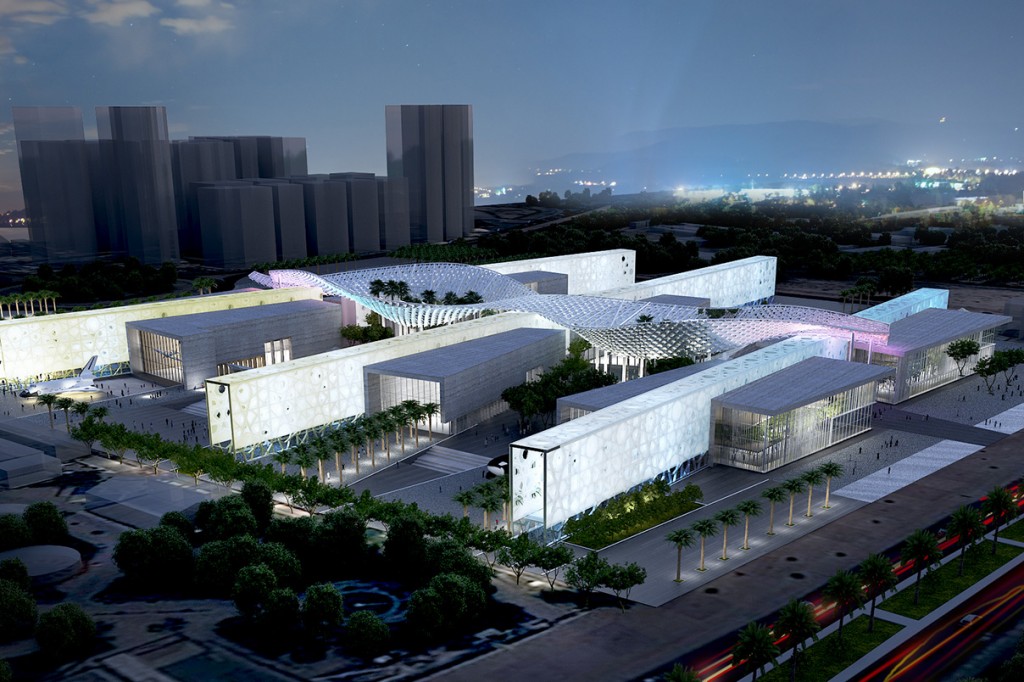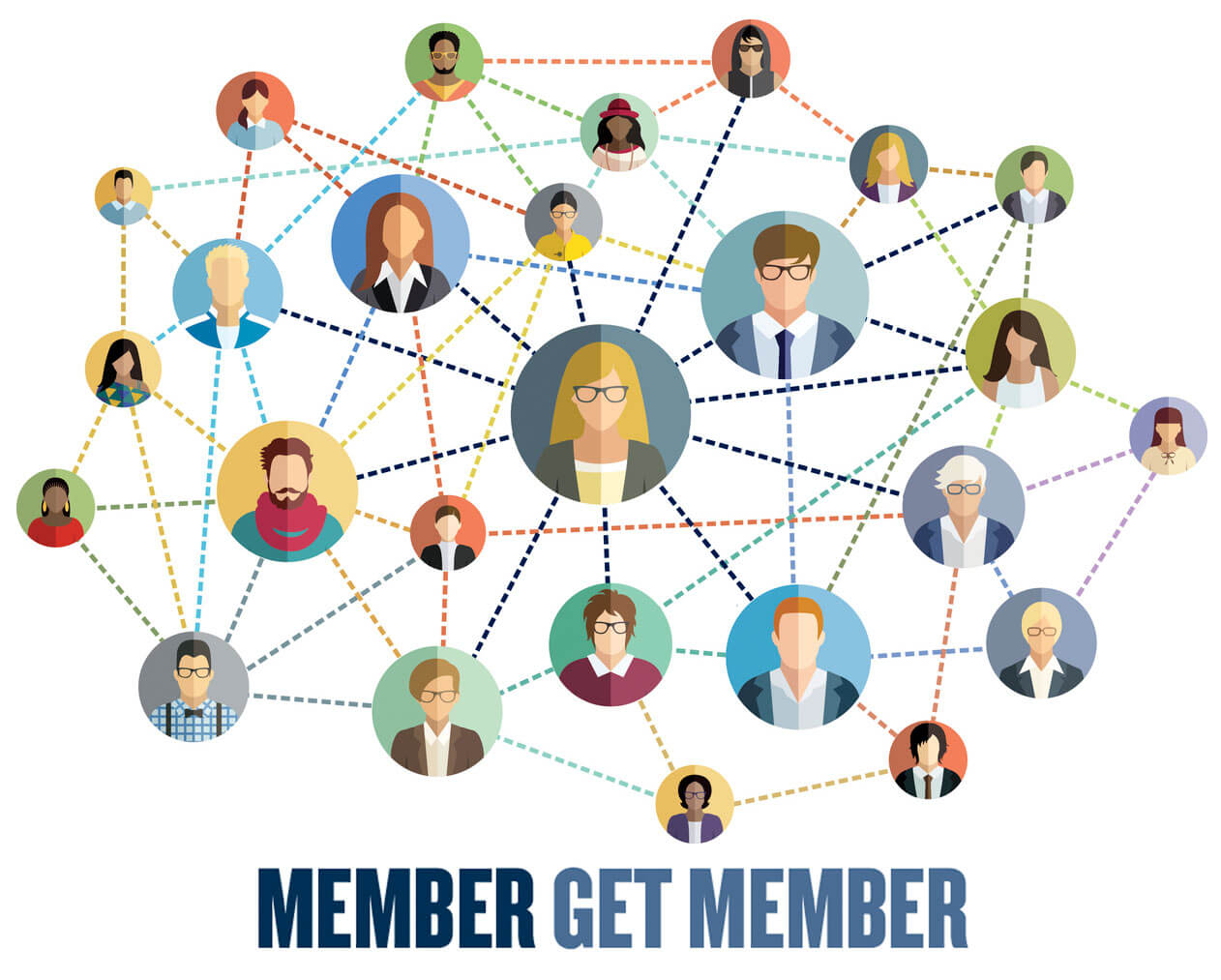 In the wake of Brexit, with a shifting political and economic climate, we’re exploring new opportunities opening up for Britain’s heritage and cultural sector.
In the wake of Brexit, with a shifting political and economic climate, we’re exploring new opportunities opening up for Britain’s heritage and cultural sector.
With warnings of an uncertain future for Britain’s domestic productivity and the prospect of a weaker UK economy the cultural industry may well be heading for testing times. A big question mark hangs over EU funding and undoubtably there will be reassessments of government funding for this sector. However the decline in sterling opens up new opportunities for those willing to work further afield. Companies exporting their products or services to outside of the UK will gain a competitive advantage, particularly when looking outside the EU.
We’ve spoken to Cultural Innovations, BECK Interiors Limited and Frankly, Green + Webb, companies that are already ahead of the curve, to get their advice on gaining the competitive edge in the export market.
Cultural differences
It’s vital to gain understanding of other cultures before stepping your toe in the water. Cultural differences can make a challenging job even harder, so make a reasoned judgement from a position of knowledge. Language can be a real barrier to some, so English-speaking markets such as the US can be more appealing.
Working practices, with different expectations and roles, can also vary hugely from country to country, and you’ll need to adapt your methods appropriately. It’s really important to ensure that you have a shared understanding of what you expect from each other. Frankly, Green + Webb advise to be flexible, nimble and at times accept that other cultures will work in ways which may not at first make sense to you. Expect the unexpected.
With such a wealth of potential differences it can make sense build your expertise in one country or region. Cultural Innovations has focused their overseas work in the Middle East, bringing on board staff from that region to ensure that they develop culturally coherent projects. Cultural Innovations is currently working with BECK on the Sheikh Abdullah Al-Salam Cultural Centre in Kuwait, one of the largest cultural projects worldwide.
Research the hidden costs of exporting your services. Factor in not only the cost of these items, but also the time it takes to get your head around new and sometimes challenging, bureaucratic systems.
Insurance can be multiple times the cost in other countries and additional taxes may also need to be paid. The US, for example, requires companies to make allowances for local state taxes and visas. Some projects require performance bonds (usually 10% of contract and advance payment guarantees), limiting the size of companies that can go for these jobs. Increasingly many companies are also being asking for the ISO 9001 certification, to prove their ability to provide products and services at a high quality.
Funding differences
The majority of heritage projects in this country are shaped by the Heritage Lottery Funding process, with its stringent requirements. European funding and tendering is similar to the UK, however other countries such as the US have a higher proportion of private sponsorship through foundations such as Bloomberg Philanthropies. Middle Eastern projects are often big budget, with government funding as well as support from the oil industry and investments, with resulting exposure to the global economy and an increased risk of delayed payments.
Someone on the ground
A big downside for potential clients can be travel and timezone challenges. Many mitigate this by having someone on the ground, a local contact who is easily on hand for meetings and a good knowledge of the local landscape. There are several models to follow, from partnerships with local companies to franchising your brand, depending on your services and the scale of a project. However, it’s important to set this up properly, with like-minded individuals or companies, to ensure that you maintain quality, safeguard your reputation and gain the right local connections. Setting up a company in a new country is also an option, however this requires a heavier investment in terms of time and finances.
Managing expectations
If you’re used to tight briefs with generous programmes you may find that overseas projects offer up certain challenges. Timescales in the Far and Middle East can be short, so setting up a realistic, efficient working process is important. For unrealistic programmes factor in delays into your costings from the start, as you are unlikely to get additional fees for extension of the project timeline.
Some markets, such as the Middle East, can have very loose briefs, so you may find yourself in the situation where you are setting the expectations. With such self-governed projects make sure you set in place consultations and reviews to ensure that you’re on the right track.
Procuring work
Tenders for work in other countries can be found on main European and international tender platforms. BECK has found that ‘the Middle East and Far East are generally the best route to the international market’, with international companies being invited often because a lack of local experience. They caution that the tender process should be followed ‘to the letter’ in these regions, and that negotiations on contract value is standard practice. You may be asked to lower your price by a fairly large percentage — in Saudi Arabia this can be up to 50%!
Many countries work outside of the usual tendering framework, so there are projects to be won, without this time consuming process. Make connections and remember that sometimes the long game can yield spectacular results. If you can get an early foothold in the market of a particular country or region then you will find yourself well placed to being approached from new potential customers, with work coming direct to you.
Technological tools
There’s a wealth of tools out there that promise to take the stress out of working from multiple offices and different time zones, ranging from free apps to hugely expensive project management software. Make sure that you’ve done your research and get the tools that really suit your way of working. Some offer to solve all your problems through one software tool, however sometimes a combination of several applications can provide a more tailor made, cost-efficient solution. Slack, Dropbox, Google Docs, Highrise and Teamwork are to name a few of the products out there.
However, don’t underestimate the importance the importance of face to face interactions, whether in person or by Skype. Find a way to ensure that you get regular face time.
Emerging markets
The Middle East, USA and Eastern Europe are already active markets, with Asia, South America and Russia opening up new opportunities. The UK government’s Department for International Trade (formerly known as UK Trade Invest) promotes a new approach to boosting British exports and can be a useful ally. Also consider work in EXPOs as a great way to boost your profile in other regions of the world.
Where there is a will there is a way and if you want to grow your business, exporting offers real opportunities for the future. Keep your ears to the ground and get researching.
Contacts:
Cultural Innovations
http://www.culturalinnovations.com
Frankly, Green + Webb
http://www.franklygreenwebb.com
BECK Interiors Limited
http://www.beckinteriors.com
Department for International Trade
Author: Catherine Morton
Catherine is an interpretive planning consultant and scriptwriter living in London.
www.narrativethreads.co.uk
Images: (top) Sheikh Abdullah Cultural Centre/SSH Architects
(centre) National History Museum of Utah, Salt Lake City, Utah/Ennead Architects







